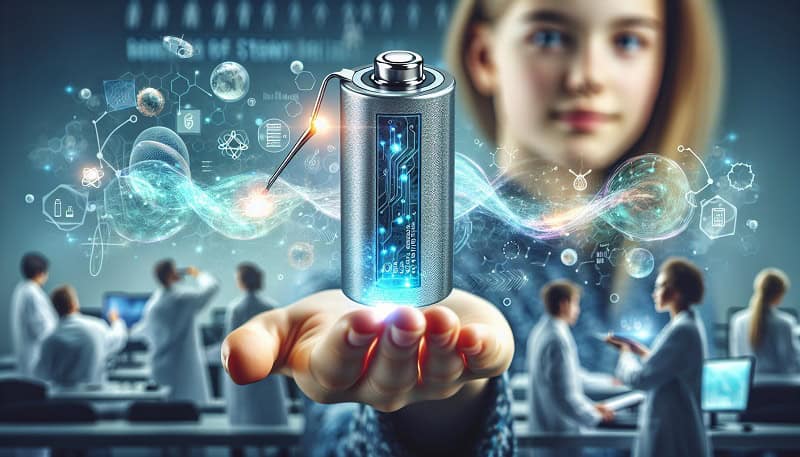Estimated reading time: 4 minutes
China is making a big step towards the future of electric vehicles (EVs). They announced an investment of about $845 million (six billion yuan). This money will go into developing advanced All Solid State Batteries ASSBs. These batteries are an improved type of battery with solid components instead of liquid ones. The project involves six companies. This includes CATL, a global leader in EV batteries, and major automakers BYD and Geely.
The current standard for electric vehicle (EV) batteries is lithium-ion technology. These batteries are relatively energy-efficient. Lithium-ion batteries also have established methods for recycling. However, the scientific community has long seen ASSBs as the next frontier in battery technology for electric vehicles. Semi-solid-state batteries use a mix of solid and liquid or gel electrolytes. They have already shown promising results. These batteries are usually safer and lighter. They store more energy. They can also recharge faster because of better thermal stability. Thermal stability means they handle heat better.
What is All Solid State Batteries ASSBs?
We expect the transition to All Solid State Batteries ASSBs to further enhance these already impressive advancements. Solid-state batteries use only solid materials. This design increases the safety of electric vehicle (EV) batteries. It also boosts their energy storage capacity, known as energy density. Additionally, it improves the speed at which the batteries can recharge.
Despite the challenges in manufacturing,all solid state batteries assbs hold significant potential benefits. These batteries cost much more to make compared to current lithium-ion batteries. They are estimated to be 10 to 20 times more expensive. However, their performance is much better. This improvement could change the electric vehicle (EV) industry significantly.
Some U.S. automakers have slowed down their electric vehicle (EV) investments. They are choosing hybrid models instead. They want to see how battery technology will develop. Meanwhile, scientists are working on solid-state batteries. Solid-state batteries use solid materials instead of liquid ones. These batteries could be safer and store more energy. The scientific community is focused on making these advancements.
NASA is developing its own solid-state battery technology. Solid-state batteries, or ASSBs, use solid materials instead of liquid electrolytes. Japan’s Nissan is also working on using ASSBs in its vehicles. They plan to have this technology ready by 2029.

Electric Vehicle (EV) Market
The race to dominate the electric vehicle (EV) market is intensifying. China’s investment in all-solid-state batteries (ASSBs) could give the country a significant advantage. In these batteries, the liquid electrolyte is replaced with a solid, making them safer and more efficient. Companies like Toyota, Samsung SDI, and Volkswagen are also working hard on developing these next-generation batteries. All solid state batteries ASSBs aim to have them ready for use by the end of the decade.
As the world shifts towards more sustainable energy solutions, the advancement of battery technology is crucial. The Inflation Reduction Act in the U.S. has already brought in billions of dollars for clean-energy projects. This shows how important efficient and reliable battery storage is. These storage solutions help add more renewable energy sources, like solar and wind, to the power grid.
China is making a major effort to develop all solid state batteries (ASSB). This step is significant in the global race to improve electric transportation. With this investment, China could become a leading player in the electric vehicle (EV) market. This move may also encourage more innovation and competition. The goal is to find cleaner, more efficient, and sustainable energy solutions for the whole world.
Thanks for reading!
You may like reading another interesting article
Check out ENTECH magazine at entechonline.com for articles by experienced professionals, innovators, and researchers.









